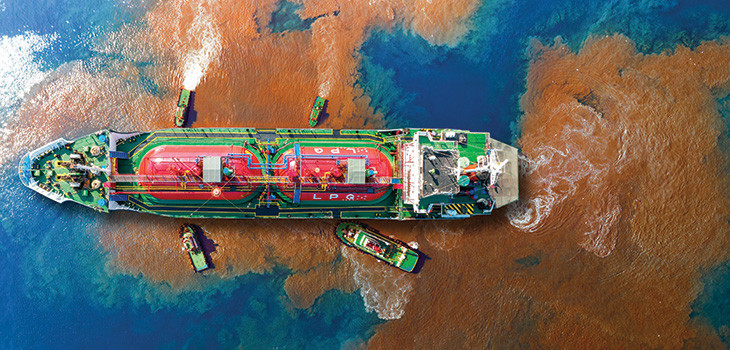
He refers to the Bille and Ogale group litigation, in which the High Court handed down judgment in November 2023, and other cases relating to Shell’s activities in the Niger Delta, where oil exploration has resulted in the pollution of the region’s vegetation, fishponds and drinking water.
‘The success of this litigation and others like it may be crucial in establishing that the “polluter pays” principle, which argues that those responsible for pollution should meet the costs of repairing the harm caused to the environment, can be enforced irrespective of where the harm takes place,’ writes Nurse, who is professor of law and environmental justice, Centre for Access to Justice and Inclusion, ARU Law School, Anglia Ruskin University.
One trend to note, Nurse writes, is that due to the challenges of litigation in Global South countries, action targeted at Global North corporate headquarters is emerging as an alternate tactic.
Nurse considers various legal routes to redress against multinationals that pollute, and argues that our notion of environmental harm should include human rights abuses and harm done to present and future generations.











